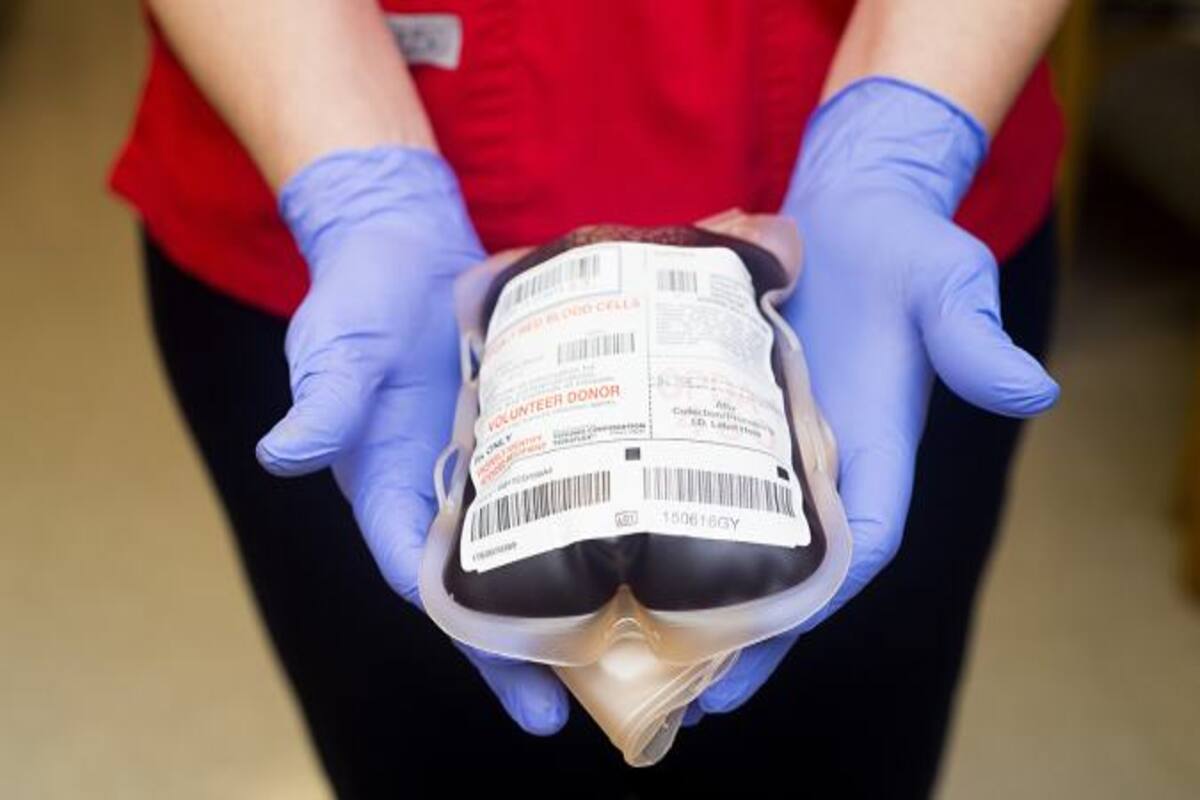
According to the American Red Cross society, a single blood donation can save up to 3 human lives. Doctors can use individual components such as red blood cells, platelets, white blood cells, etc. from the donated blood. Though transfusion of blood and blood products can help in saving millions of lives every year, it is very important to take a few precautions while donating to keep the donor healthy and safe.
- Eat a proper meal: The first and most important rule is that one must never donate blood on an empty stomach. You must have a wholesome, low-fat healthy meal, at least 2 hours before donating blood, to maintain the blood sugar level. Two hours will give the body enough time to digest the food before the blood is drawn for donation. Eating just before donating might make you nauseous as it could unsettle the stomach.
- Hydrate yourself: The biggest cause of dizziness after the donation is drop in blood pressure. It is essential to drink plenty of fluids like water and fresh fruit juices before and after the blood donation. It helps in keeping the blood pressure stable by replacing fluid lost after blood donation. Avoid caffeinated beverages for the next 8 to 10 hours as caffeine is a diuretic that causes loss of fluids from the body.
- Have an iron-rich diet: If you’re a regular donor, then you must have lots of iron-rich foods such as fish, eggs, tomato, spinach, etc., at least a week or two before the day of donating blood. The iron stores from the body are removed while donating blood and low iron levels can lead to fainting due to weakness and fatigue. As vitamin C helps in the absorption of iron in the body, it is best to include foods that contain it such as citrus fruits.
- Enjoy your snack: Some donors make the unfortunate mistake of denying the juice and high sugar snack offered to them post blood donation and rush off to work. It is important to relax for a few minutes to avoid lightheadedness and relish the drink and snack you’ve earned as it hydrates and refuels the body. It is best advised that the donor should continue to take excess fluids for the next 48 hours to make up for the loss of blood in the body.
Additionally, you can have foods that are rich in folic acid such as beans, asparagus, and green leafy vegetables, etc. as it helps in producing more red blood cells that can replace the ones lost during donation. Refrain from smoking, drinking or consuming any intoxicating drugs at least 48 hours before the day of donating blood. You should also ensure that the blood donation camp or hospital maintains the hygiene standards and all the vials and syringes being used are new. All attendants and doctors should be wearing proper gloves while handling blood and people with any infectious diseases should not be allowed to enter the premises. It is important to take care of these little details to ensure a successful blood donation drive.

 Call-an-Ambulance
Call-an-Ambulance



